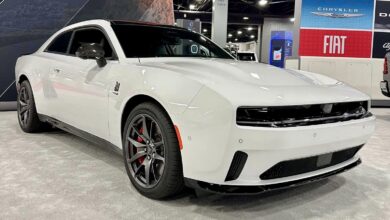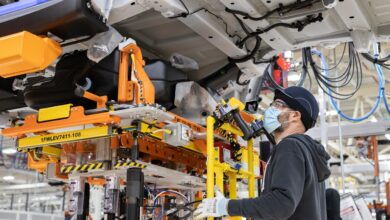Italy Cuts Funding For Stellantis JV Battery Plant Amid Slow Demand
ACC Pauses Termoli Plant As Italy Reallocates €200M To Other Green Initiatives...
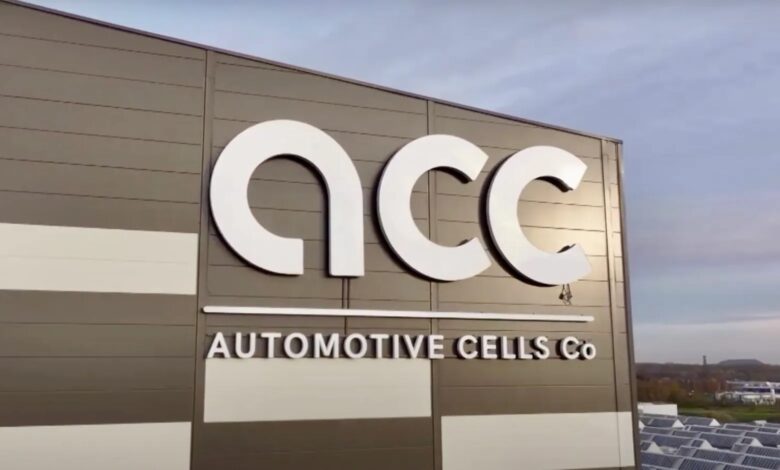
Italy’s government has made the decision to cut funding for a major electric vehicle (EV) battery plant being developed by the Automotive Cells Company (ACC), a joint venture involving Stellantis, Mercedes-Benz, and TotalEnergies. This comes after ACC faced delays in its plans to build three gigafactories in Europe due to a slowdown in EV demand. The plant in question was set to be constructed in Termoli, Italy, with the Italian government originally allocating €200 million ($223 million USD) in European Union (EU) funds for the project.
However, the lack of clear timelines and ACC’s decision to pause preparatory work at the Termoli site prompted the Italian government to reallocate the funds to other green energy initiatives. According to officials, the funds will now be directed toward projects that align with Rome’s broader strategy of making Italy’s economy more environmentally friendly.
ACC’s Gigafactory Plans Face Delays –
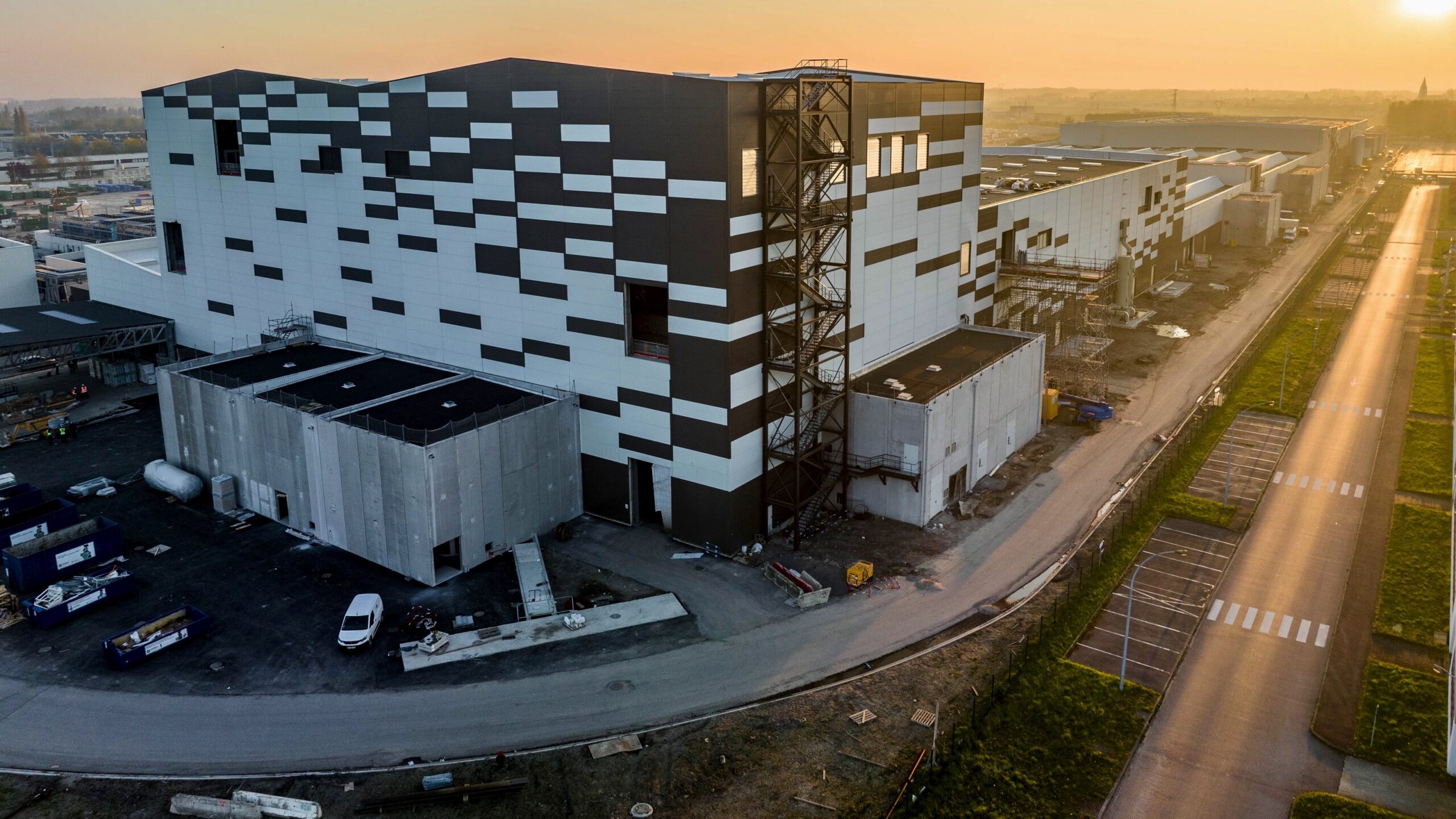
ACC, which was planning to invest a total of €7 billion ($7.82 billion USD) across three gigafactories in France, Germany, and Italy, has faced setbacks in its timeline. In June, the company announced that it was halting work at the Termoli plant, as well as another site in Kaiserslautern, Germany, as it shifts its focus toward producing lower-cost batteries. This move came in response to declining EV sales across Europe, which has slowed the projected growth in demand for EV batteries.
The only one of ACC’s three planned factories that has started production is the facility in northern France. According to Stellantis CEO Carlos Tavares, additional investments in the German and Italian factories will be triggered once the demand for EVs increases.
Combustion Engine Production Continues in Termoli –
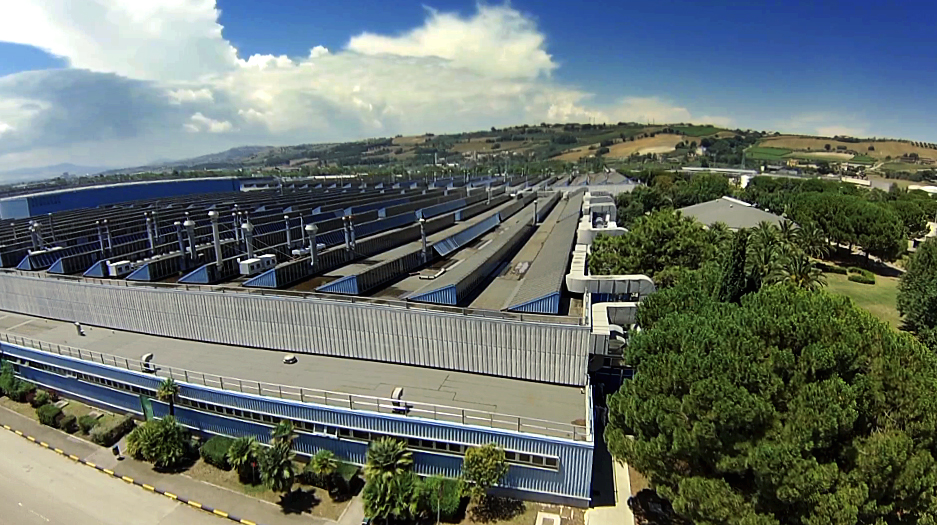
To mitigate the effects of the battery factory delay, Stellantis has confirmed that it will continue manufacturing combustion engines at the Termoli site until at least 2028. This move ensures that the plant remains operational and limits the potential job losses caused by the delay in transitioning to battery production.
Italian Government’s Response –
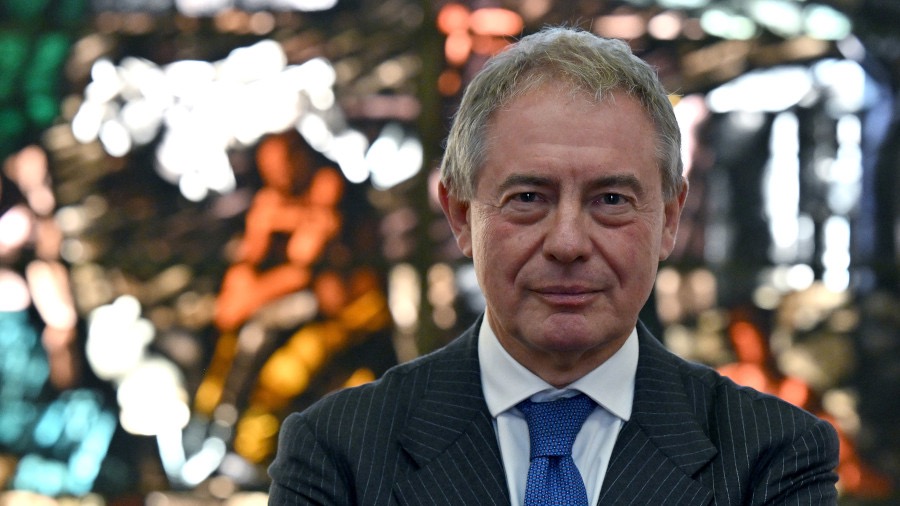
Italy’s Industry Minister Adolfo Urso explained that while the government is reallocating the €200 million ($223 million USD) in EU recovery funds, it remains open to supporting ACC’s Termoli project in the future. Should ACC present a revised industrial plan that includes cost-effective battery production, there is potential for the Italian government to provide state funding.
ACC’s CEO Yann Vincent acknowledged the government’s decision, expressing that the company plans to revisit funding discussions with Italy in the first half of next year. If ACC can offer a viable, cost-effective battery solution, the Italian government may reconsider its financial support for the project.
Industry-Wide Slowdown and Competition –
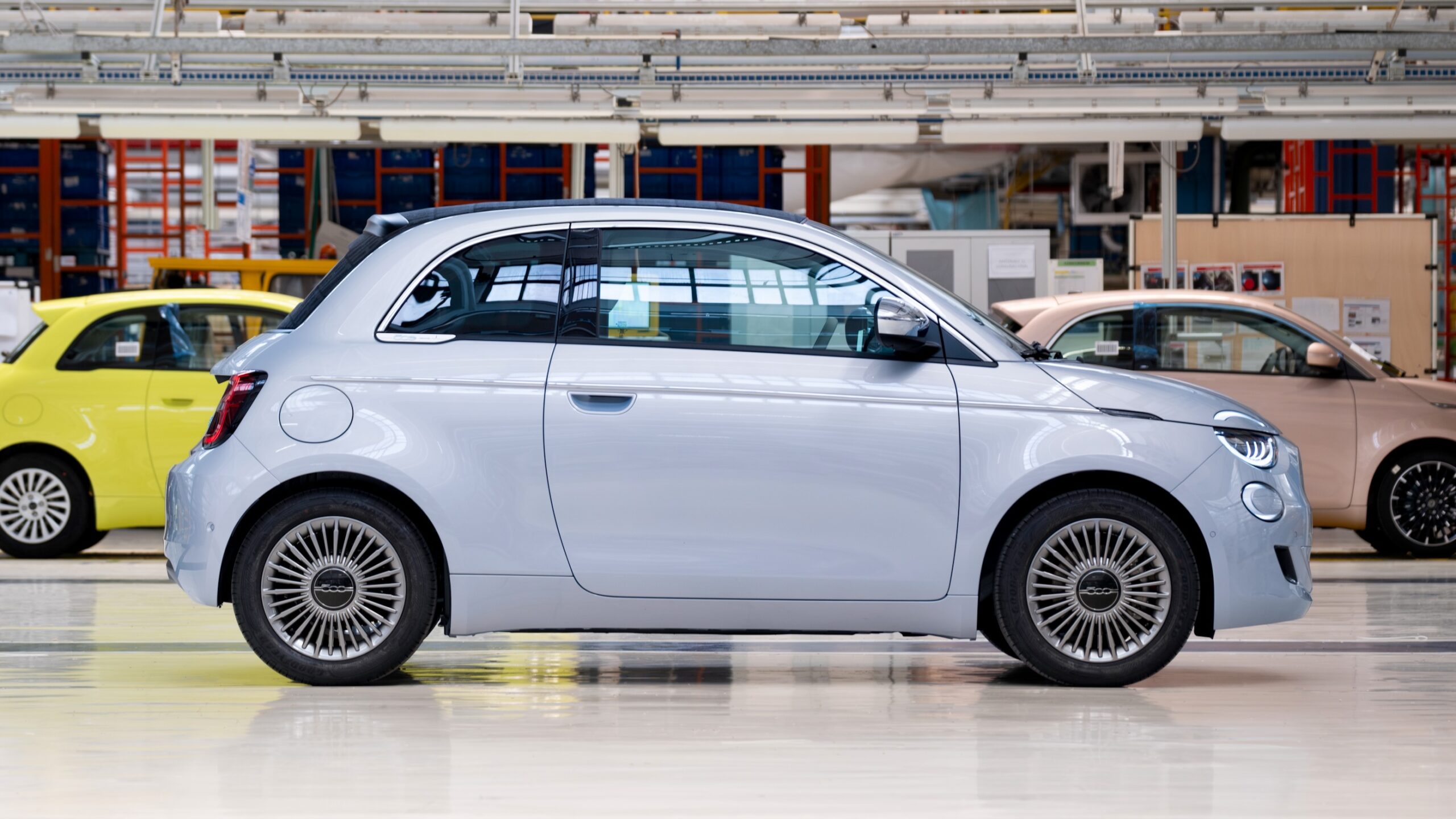
This development comes amid a broader industry slowdown in EV demand across Europe. While several European companies, including ACC, have invested in lithium-ion battery production, the growth in EV demand has been slower than expected. In addition to the slowdown, European battery manufacturers face stiff competition from North American and Asian producers.
In particular, Swedish-based Northvolt, one of Europe’s leading battery producers, recently announced plans to shrink its operations and cut costs. Similarly, Stellantis has had to make adjustments, including plans to halt production of its electric Fiat 500e in Italy, due to a lack of orders.
As the EV market faces challenges, companies like ACC and governments across Europe must balance the push for greener technologies with the realities of fluctuating demand.
Source: Automotive News Europe

